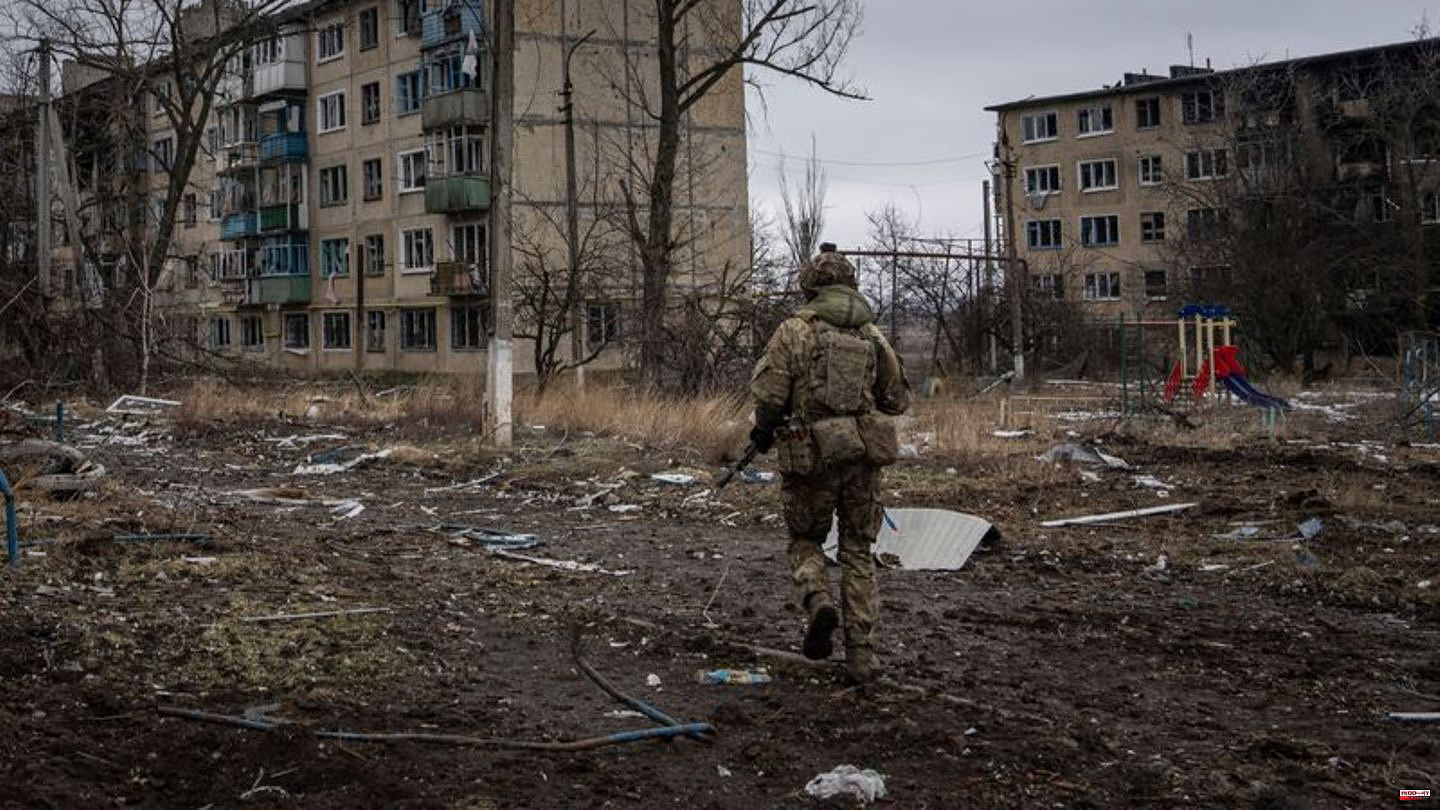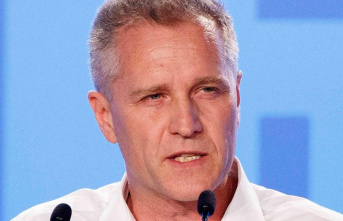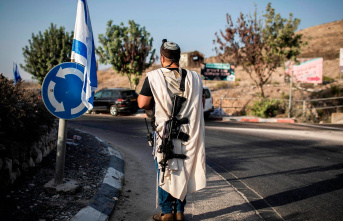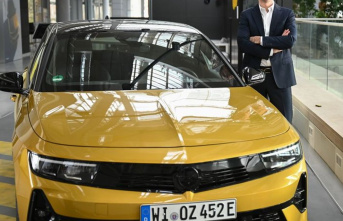Ukrainian President Volodymyr Zelenskyj sees the tenth package of EU sanctions that came into force yesterday as an important blow against the aggressor Russia. "It is powerful, directed against the terrorist state's military industry and financial sector and against the propagandists who have drowned Russian society in lies and are trying to spread their lies around the world," Zelenskyy said in his nightly video message. "They definitely won't succeed." At the same time, he once again insisted on punitive measures against Russia's nuclear industry.
The deputy head of the Ukrainian military intelligence service has meanwhile announced details of the planned counter-offensive by its own armed forces, which should also succeed with the help of western tank supplies. And French President Emmanuel Macron wants to travel to China in early April for talks on internationally united action against Russian aggression.
New EU sanctions on Russia
The EU this time sanctioned 87 additional individuals and 34 organizations it believed were contributing in one way or another to Russia's war against Ukraine. Among them is Alfa-Bank, which is considered Russia's largest privately owned financial institution. Also included on the sanctions list were deputy ministers, Russian government officials, those responsible for the deportation and forced adoption of Ukrainian children, and new members of the Russian Federation Council.
According to the Council of Member States, the EU has now put 1,473 people and 205 organizations on the sanctions list on the grounds that they undermine or threaten the territorial integrity, sovereignty and independence of Ukraine.
Among other sanctions regimes, the EU has now also imposed sanctions on eleven other members and seven institutions linked to the Russian mercenary group Wagner.
Military intelligence: Ukraine plans offensive in spring
According to the deputy head of the Ukrainian military intelligence service, Wadym Skibizkyj, he expects his army to launch a counter-offensive against the Russian occupiers this spring. "I think we'll be ready for a counter-offensive in the spring," Skibizkyj told the newspapers of the Funke media group. However, the exact time depends on several factors - such as the delivery of western weapons, which are very important for the attacked country.
Skibizkyj emphasized that Ukraine's goal is the liberation of its entire territory - including the Black Sea peninsula of Crimea, which Russia had annexed in 2014. "We won't stop until we have our country back to the 1991 borders. That is our message to Russia and to the international community."
The secret service agent also did not rule out attacks on arms depots in areas close to the Russian border: "It is possible that we will also destroy arms depots or military equipment on Russian territory, for example around the city of Belgorod. Attacks on Ukraine will be launched from there. That's about one threat to Kharkiv."
Macron wants to travel to China
French President Macron plans to travel to China in early April to try to end the war in Ukraine. This was announced by the head of state yesterday on the sidelines of his visit to the International Agricultural Exhibition (Salon de l'Agriculture) in Paris, as shown in a video by the news channel BFMTV. Macron said he wanted to persuade the Chinese government to help stop Russian aggression and bring about peace.
China has not yet condemned the Russian attack on Ukraine - this has long caused resentment among Ukraine's western allies, as it did at the meeting of finance ministers of the G20 countries. He also very much regrets that the Chinese attitude has shifted, said Federal Finance Minister Christian Lindner yesterday after the meeting with his colleagues from the leading industrialized and emerging countries in Bengaluru, India.
On the first anniversary of the Russian invasion on Friday, China presented a position paper in which, among other things, it called for a ceasefire and negotiations. Western politicians and experts reacted with skepticism to disappointment, since the twelve-point document did not indicate any new initiative and also does not provide for the withdrawal of Russian troops from Ukraine. Because of the dispute over the Russian war of aggression, the G20 were also unable to agree on a joint final declaration.
Poland: Russia halts oil supplies through Druzhba pipeline
Among many other effects, the war also has drastic consequences for the energy sector. According to the Polish oil company Orlen, Russia has now stopped deliveries through the Druzhba pipeline. One was prepared for this step, wrote CEO Daniel Obajtek on Twitter. "Only 10 percent of the crude oil still came from Russia, and we will replace it with oil from other supplier countries. This is the result of the diversification that we have undertaken in recent years."
The company also announced that it can supply its refinery entirely by sea. The suspension of deliveries will therefore not affect the supply of Polish customers with petrol, diesel or other of the company's products.
Tank wrecks erected as memorials in the Baltic states
A destroyed Russian tank was erected as a sign of protest on the anniversary of the start of the war in Ukraine, and not only in Germany. A T-72 wreck was also presented as a memorial on Freedom Square in Estonia's capital, Tallinn. "This tank is a symbol of the brutal invasion of Russia," said the Estonian Defense Ministry. The wreck had been transported from Ukraine to the EU and NATO country.












